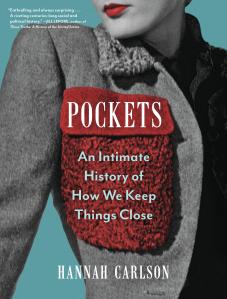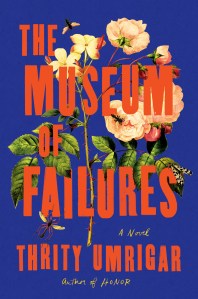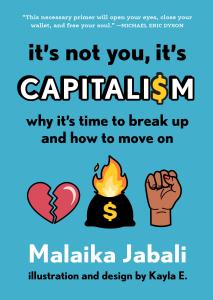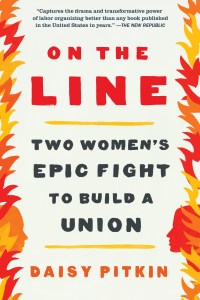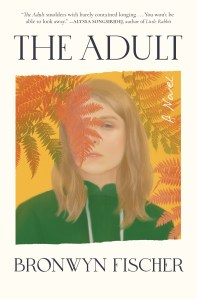Libra Season Reads from Algonquin
It’s the beginning of Libra Season and the first day of fall! Our list of recommended reads embraces the full range of Libra themes, with three nonfiction books that examine fairness and justice and two thoughtful, complex novels. All would be perfect to curl up with as cooler temperatures arrive— happy reading ♎
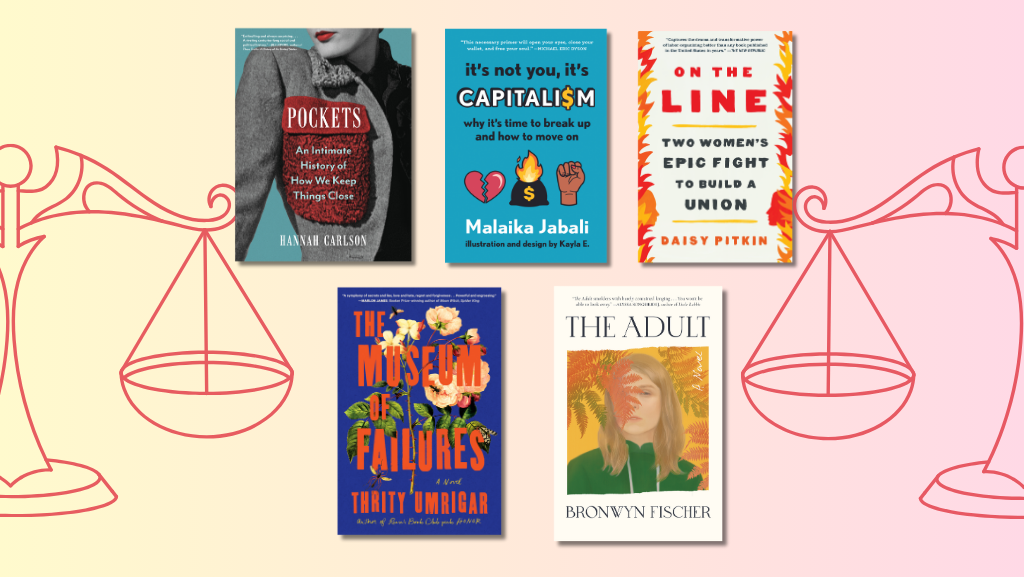
Pockets “showcases the best features of cultural history: a lively combination of visual, literary and documentary evidence. As sumptuously illustrated as it is learned … this highly inventive and original book demands a pocket sequel.” ―Jane Kamensky, Wall Street Journal
Who gets pockets, and why?
It’s a subject that stirs up plenty of passion: Why do men’s clothes have so many pockets and women’s so few? And why are the pockets on women’s clothes often too small to fit phones, if they even open at all? In her captivating book, Hannah Carlson, a lecturer in dress history at the Rhode Island School of Design, reveals the issues of gender politics, security, sexuality, power, and privilege tucked inside our pockets.
Throughout the medieval era in Europe, the purse was an almost universal dress feature. But when tailors stitched the first pockets into men’s trousers five hundred years ago, it ignited controversy and introduced a range of social issues that we continue to wrestle with today, from concealed pistols to gender inequality. See: #GiveMePocketsOrGiveMeDeath.
Filled with incredible images, this microhistory of the humble pocket uncovers what pockets tell us about ourselves: How is it that putting your hands in your pockets can be seen as a sign of laziness, arrogance, confidence, or perversion? Walt Whitman’s author photograph, hand in pocket, for Leaves of Grass seemed like an affront to middle-class respectability. When W.E.B. Du Bois posed for a portrait, his pocketed hands signaled defiant coolness.
And what else might be hiding in the history of our pockets? (There’s a reason that the contents of Abraham Lincoln’s pockets are the most popular exhibit at the Library of Congress.) Thinking about the future, Carlson asks whether we will still want pockets when our clothes contain “smart” textiles that incorporate our IDs and credit cards.
Pockets is for the legions of people obsessed with pockets and their absence, and for anyone interested in how our clothes influence the way we navigate the world.
When Remy Wadia left India for the United States, he carried his resentment of his cold and inscrutable mother with him and has kept his distance from her. Years later, he returns to Bombay, planning to adopt a baby from a young pregnant girl—and to see his elderly mother again before it is too late. She is in the hospital, has stopped talking, and seems to have given up on life.
Struck with guilt for not realizing just how ill she had become, Remy devotes himself to helping her recover and return home. But one day in her apartment he comes upon an old photograph that demands explanation. As shocking family secrets surface, Remy finds himself reevaluating his entire childhood and his relationship to his parents, just as he is on the cusp of becoming a parent himself. Can Remy learn to forgive others for their human frailties, or is he too wedded to his sorrow and anger over his parents’ long-ago decisions?
Surprising, devastating, and ultimately a story of redemption and healing still possible between a mother and son, The Museum of Failures is a tour de force from one of our most elegant storytellers about the mixed bag of love and regret. It is also, above all, a much-needed reminder that forgiveness comes from empathy for others.
This biting, brilliant, often hilarious guide to socialism by journalist Malaika Jabali debunks myths, centers forgotten socialists of color who have shaped our world, and shows socialism is not all Marx and Bernie Bros—it’s time for all of us to ditch capitalism and try something finer.
We’ve all dated someone who took control of the relationship—you know, someone who makes you feel like you’re unhappy because you’re just not putting in the work, or it’s all in your head. But when you think about trying to meet new people, it feels terrifying. Like, have you looked at Tinder recently? It’s rough out there!
Your tough-love new best friend, award-winning journalist, policy attorney, and life-long socialist Malaika Jabali is here to say: we are all in a generations-long toxic relationship with Capitalism, and it is time to get the h*ll out of there and move ALONG.
She gives you everything you need to know about what a healthy relationship could actually look like, issue by issue—from healthcare and housing to the whole concept of American democracy—with our new boo: Socialism. And no, Socialism isn’t the boring, grey, authoritarian, Cold-War-era monster that you’ve heard about.
With accessible explanations and illustrations, often surprising graphs and stats, and some Drake memes, this book will show you that we NEED to build a world that’s safer, kinder, cleaner, healthier, and more equal. And that this isn’t a utopian dream – it’s within our grasp, if we collectively decide to call out Capitalism for what it really is and wake up to a better future.
“A riveting and intimate meditation on power, class consciousness, and the true meaning of solidarity.” —Francisco Cantú, New York Times bestselling author of The Line Becomes a River
On the Line takes readers inside a bold five-year campaign to organize workers in the dangerous industrial laundry factories of Phoenix, Arizona. Employees here wash hospital, hotel, and restaurant linens and face harsh conditions, and unfair U.S. labor law makes it nearly impossible for them to fight for their rights. The drive to unionize is led by two women: author Daisy Pitkin, a young labor organizer, who addresses this exhilarating narrative to Alma Gomez García, a second-shift immigrant worker, who risks her livelihood to join the struggle. Forged in the flames of the company’s vicious anti-union crusade, the relationships that grow between Daisy, Alma, and the rest of the factory workers show how a union can reach beyond the workplace and form a solidarity so powerful that it can transcend friendship and transform communities. But when political strife divides the union, Daisy must reflect on her own position of privilege and the complicated nature of union hierarchies. Daisy Pitkin also looks back to the forgotten role immigrant women have played in the labor movement, as we experience one of the largest labor upheavals in decades, she shows how difficult it is to bring about social change, and why we can’t afford to stop trying.
An addictively gripping coming-of-age story about an all-consuming, insidious love affair between a college freshman and a mysterious older woman, from an unforgettable new voice in fiction
Eighteen-year-old Natalie has just arrived at her first year of university in Toronto, leaving her remote, forested hometown for the big, impersonal city. Everyone she encounters seems to know exactly who they are. She reads advice listicles and watches videos online and thinks about how to fit in, how to really become someone, whoever that might be.
And then she meets Nora, an older woman who takes an unexpected interest in her, and is drawn unstoppably into Nora’s orbit. She begins spending more and more of her time at Nora’s perfect, tidy home in her beautiful, quiet world. Natalie lies to her floormates about her absence, inventing a fake off-campus boyfriend, and carefully protects this sacred, adult relationship. This only deepens her obsession, even as she comes to suspect Nora is hiding something. As the secrets multiply and the intensity of the romance threatens to overwhelm her, Natalie realizes that the new, adult identity she had imagined for herself is far from the one she’s actually coming to know.
With atmospheric, electric prose that captures the anxiety and emotional intensity of young adulthood like never before, The Adult is about sex, yearning, poetry, and learning to free oneself from the expectations of others. Bronwyn Fischer is an immensely talented new writer to watch.
